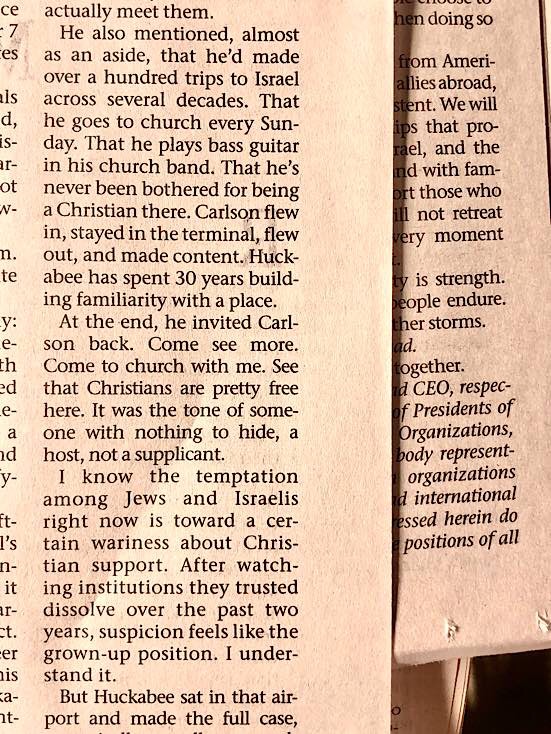 Zvika Klein’s commentary in “I am tired of Tucker Carlson; Huckabee deserves the focus,” Jerusalem Post, 22 Feb 2026 pg 1.
Zvika Klein’s commentary in “I am tired of Tucker Carlson; Huckabee deserves the focus,” Jerusalem Post, 22 Feb 2026 pg 1.JTOD.org/Give
—
Source: "I am tired of Tucker Carlson; Huckabee deserves the focus,"
Jerusalem Post, 22 Feb 2026 pg 1.
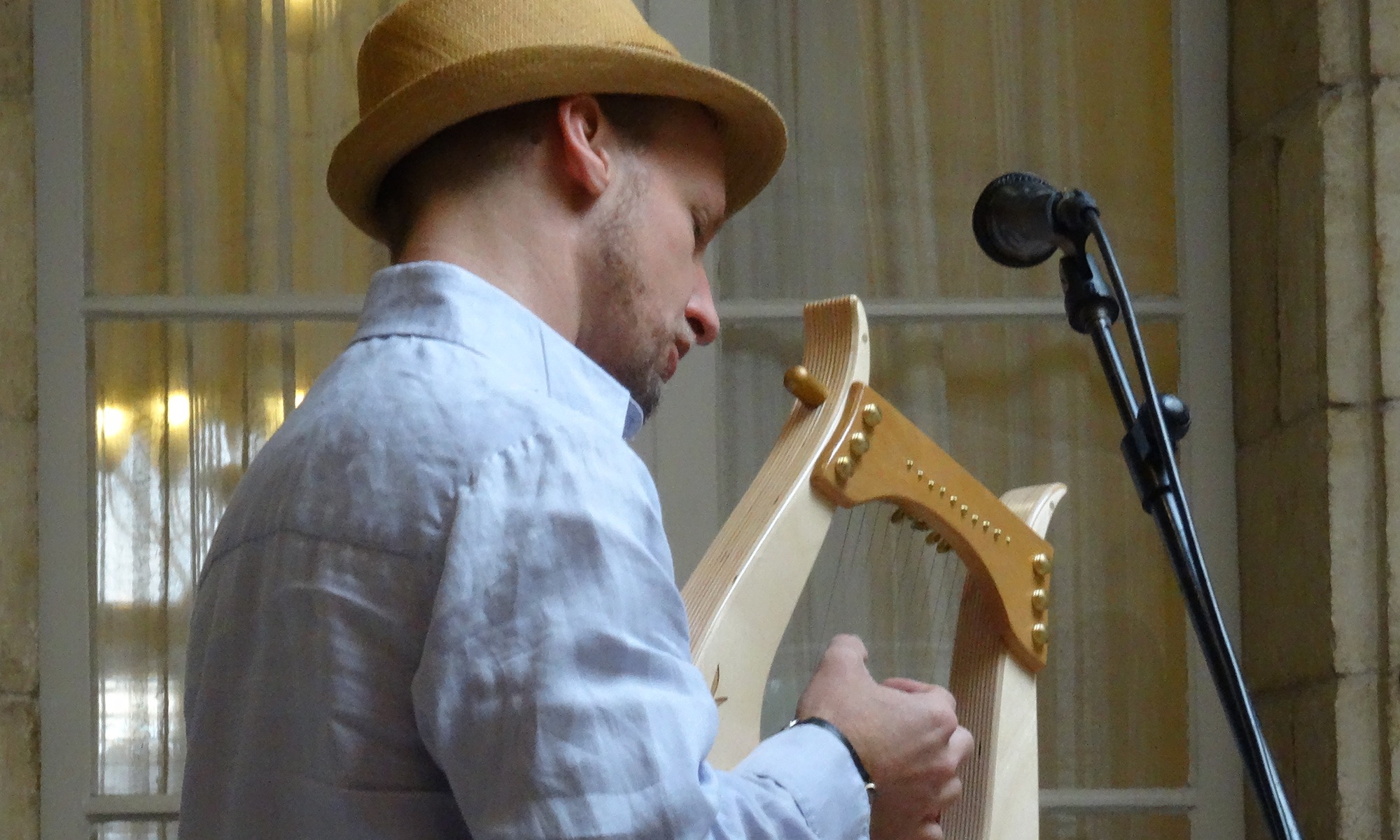
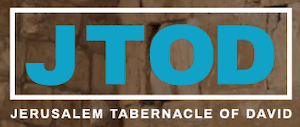
JTOD – Jerusalem Tabernacle Of David
Join Elohim’s Plan for Amos 9:11
Catch a glimpse of what goes on day by day in the cultural and political landscape of Israel.
Iranian exile Ramin Parsa often says, “If the regime was taken out, the Middle East will become peaceful.” Raised in Iran as a Shia Muslim, he had miraculous experiences in his conversion and exile in Turkey and USA. Here he shared his thoughts about the Persian people of Iran who deeply wish to be freed from the foreign occupiers, the Arab Muslims who lead the current regime.
Analysis: If the USA were to go now against Iran’s nuclear and ballistic supply, are there enough munitions?
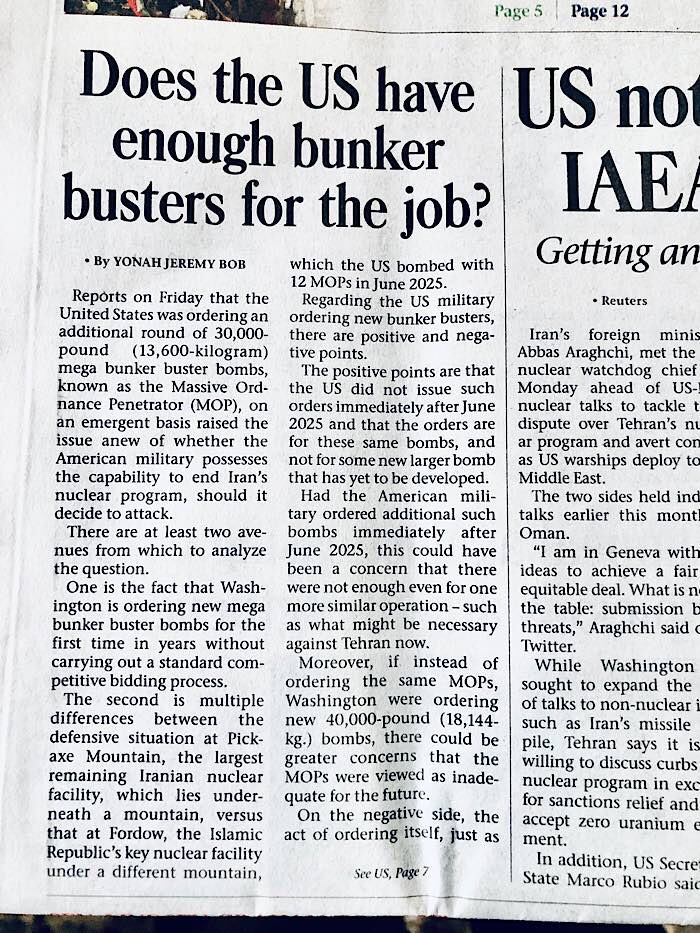
“The question of whether the US can destroy the Pickaxe Mountain nuclear facility will partly be an intelligence race of who can outwit whom, matching offensive and defensive capabilities.”¹
Sources: ¹Does the US have enough bunker busters to end Iran's nuclear program? - analysis https://www.jpost.com/international/article-886858 Related: ²US sends over 50 fighter jets to Middle East in military buildup against Iran https://www.jpost.com/middle-east/iran-news/article-886998

–
Source: https://www.timesofisrael.com/epstein-files-source-who-alleged-mossad-links-is-identified-as-holocaust-denier/
US Attorney Jeanine Ferris Pirro said, “These additional terrorism-related charges carry a mandatory life sentence under DC Code, while also reflecting the reality that this act was in fact an act of terror.”
Rodriquez was filmed on video calling out “Free Palestine” after he fired 20 shots from a semi-automatic handgun. So now it looks like he’ll spend the rest of his life in prison, if convicted.
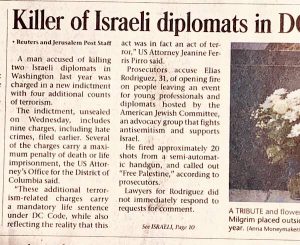
Last year Israeli Embassy staff members Yaron Lischinsky and Sarah Lynn Milgrim were shot deat outside the Jewish Museum in Washington DC. That was in May 2025.
Source: Jerusalem Post, 6 Feb 2026 pg 1. https://www.jpost.com/diaspora/antisemitism/article-885664 https://www.jpost.com/tags/terrorism
“Website owners can configure the pixel to track user website interactions such as searches or filling out a form, sending each action to Meta, even if the user doesn’t have an account on Facebook.”
from:
A Consumer Reports analysis looks at who is sending information about your online activity to Facebook
https://www.consumerreports.org/electronics/privacy/each-facebook-user-is-monitored-by-thousands-of-companies-a5824207467/
“One of the things Congress was surprisingly “shocked” about was the fact that TikTok sometimes monitored the behavior of users while they used other apps. But here too, a long line of companies do this including data brokers, fixed line and wireless telecoms, and app makers..”
“:New allegations show why Meta apps like WhatsApp should not be used in professional circumstances. Facebook’s parent company, Meta, is facing new allegations of allegedly criminal behavior undermining users’ privacy…”
“The apps in question are YohooTalk, TikTalk, Privee Talk, MeetMe, Nidus, GlowChat, Let’s Chat, Quick Chat, Rafaqat, Chit Chat, Hello Chat, and Wave Chat. Needless to say, if you have any of these apps installed on your devices, delete them immediately.”
One side says, “He’s abandoned the Iranian people to die in the streets!” Meanwhile the other side says “How would we really know what he’s up to when he’s made clear that his strategy is one of unpredictability?”
Two sides represented below, first by the Jerusalem Post editorial team, the second by Rabbi Pesach Wolicki:
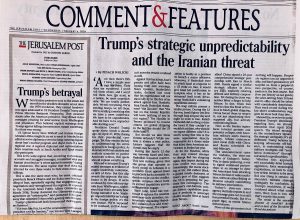
What do you think? How must we pray?
—
Source: Jerusalem Post, 2026-02-04 pg 9. "Trump's betrayal: It's not too late for Donald Trump to topple Iran's regime:" https://www.jpost.com/opinion/article-885513 "Trump's strategic unpredictability and the Iranian threat:" https://www.jpost.com/opinion/article-885327
All this time I’ve been mystified, hearing that in the Gaza cemetery where Ran Gvili’s body was found, news stated that his body was dressed in a police uniform. So I put that together with the hundreds of Palestinian fighters buried in the same spot – and that his body was hidden for 843 days there – did they dress his body up in a Gaza police uniform to conceal his identity or just to make things difficult? Or what?
Then I found this report:
“He was reportedly found in a body bag from Gaza’s Hamas-linked Shifa Hospital, still wearing his Israel Police uniform, shoes, and belt.”1
OK – so that means the Gazans knew that he was Israeli and not Gazan – at least – if anyone was paying attention. Maybe not, during the chaos of the early days.
Here’s a bit more about his job, his life, and his broken shoulder:
“Gvili, who was laid to rest Tuesday in the military section of the Meitar cemetery, served in the elite Yasam Negev unit of the Israel Police’s Southern District. On October 7, despite having recently suffered a motorcycle accident and being scheduled for surgery on a broken shoulder, Gvili joined the fighting. He managed to save the lives of dozens of partygoers at the Re’im music festival before being killed and abducted near Kibbutz Alumim. He became known as “Rani, the protector of Alumim.”2
—
Sources:
1 https://www.clevelandjewishnews.com/jns/watch-ran-gvili-last-hostage-recovered-from-gaza-laid-to-rest/article_f8d685a3-6307-5408-a94f-549cb11926be.html
2 https://www.ynetnews.com/article/b1o3mytuzl
Nablus, the Roman name for the ancient Biblical city of Shechem, is where Joseph’s bones were buried after Israel transported them out of Egypt during the Pessach (Passover). Located just up the road from here in Shomron (Samaria), today, Shechem is an Arab Muslim city under the Palestinian Authority, and is one of the main sources of Islamic jihadist terrorism in Shomron.
Despite all this, Jews have been going there to pay their respects to Joseph, as well as to pray–monthly under great IDF military protection–but since 2000 in the Second Intifada, only at night.
That changed yesterday:
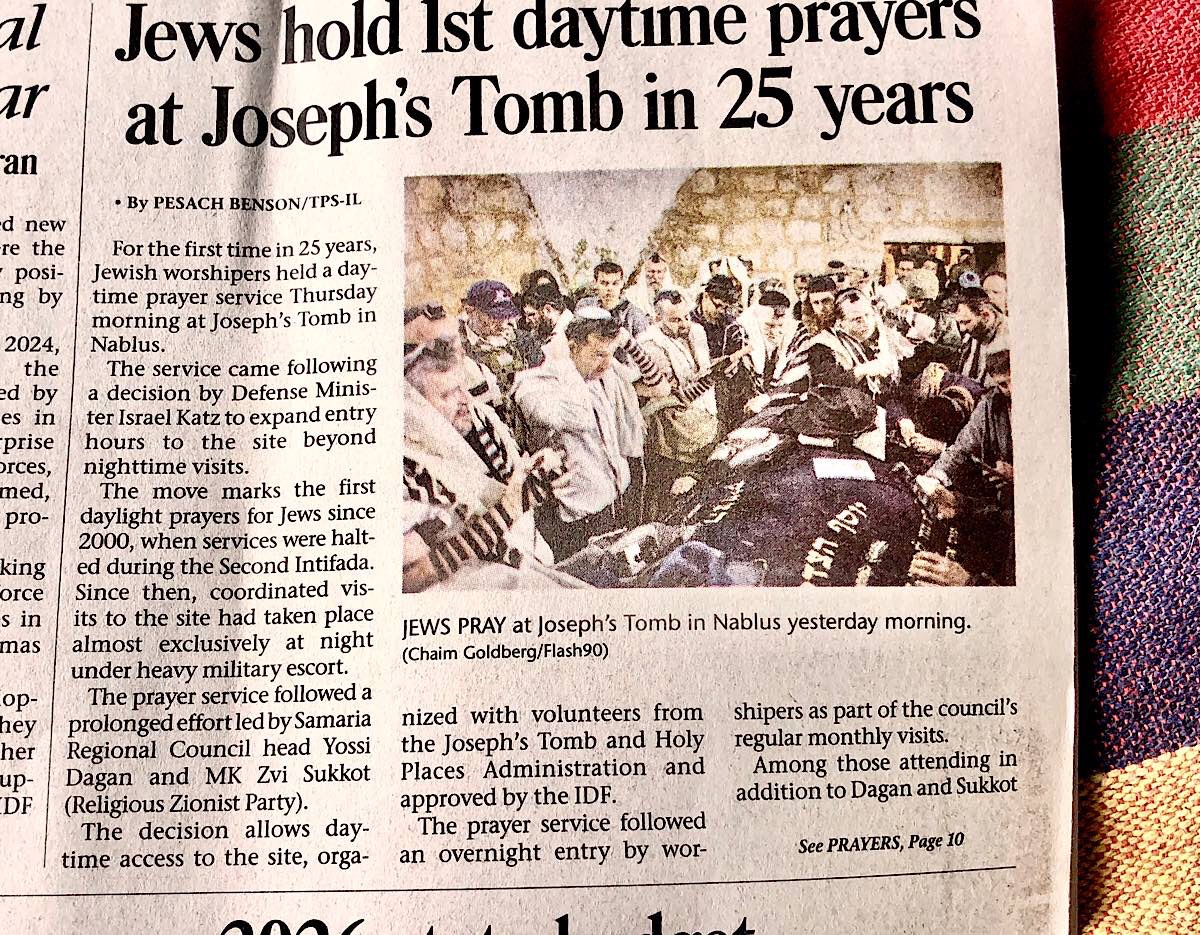
—
Source: Jerusalem Post, 2026-01-30 pg 1. https://www.jpost.com/judaism/article-884937